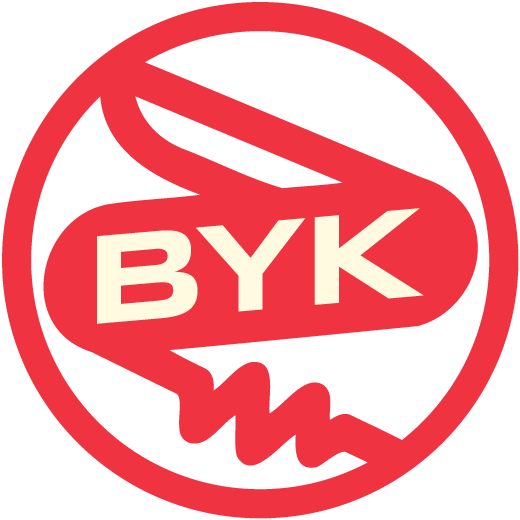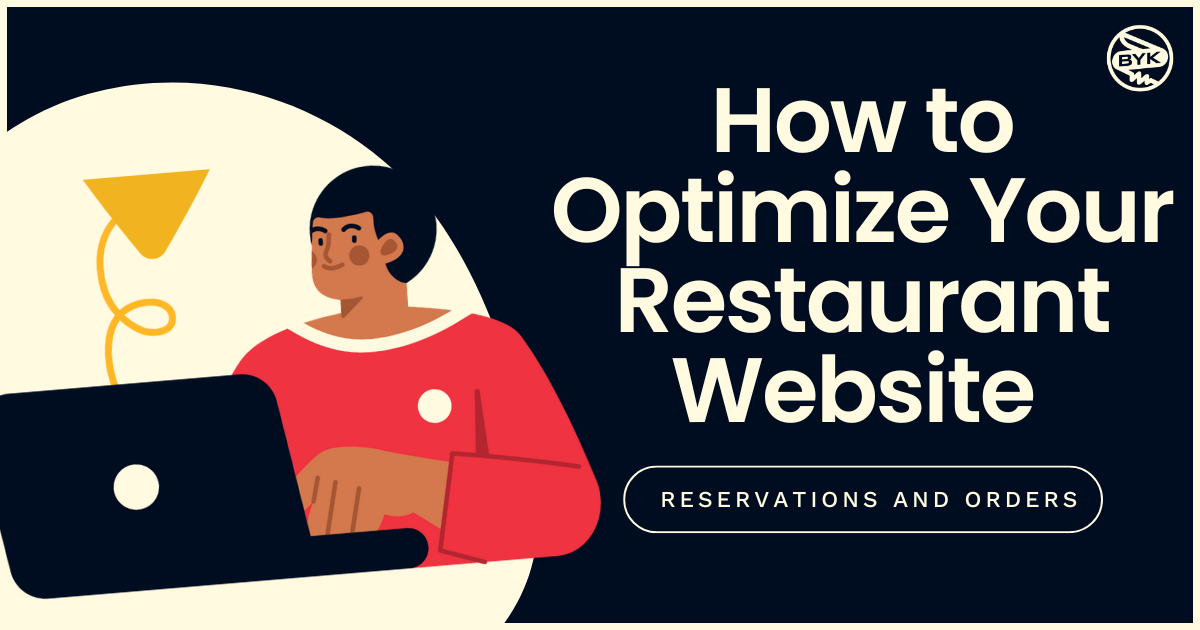Managing an online community can be quite an undertaking. There are many facets to the job, from curating content to moderating comments and user posts. Here are some best practices for keeping your community at its best.
Make Community Guidelines Clear and Accessible
Every community has rules and guidelines that members must adhere to. These guidelines should help keep your community safe and keep members focused on relevant content. Once you have established your guidelines, it is important that you make them clear to your community members, and that they are easy for members to access and refer to at any time.
Depending on the platform you’re using, there are different means through which you can ensure your guidelines are accessible. For instance, in Facebook Groups, you can add the rules to the announcement section. On Facebook Pages, you can pin the rules as a post so they always appear at the top of the page. No matter what platform you are using, find a way to share your rules and guidelines with all your members, and make sure they can all access these rules easily.
Provide Feedback and Explanations As Often As Possible
No matter how clear you are, sometimes you will have community members who break your rules, or conduct themselves in a way that is not aligned with your community values. When these situations do arise, you may need to take action such as deleting a member’s post or muting them in the group temporarily. It is important to provide an explanation and feedback anytime you do need to take these types of actions. Let the member know what they did wrong, and why you felt the need to take the action you did. These can be great learning opportunities, and can help prevent them same issues from happening repeatedly.
Be A Model For The Community
Show your community members the types of behaviors and content you would like to see from them. Set the tone for the group by leading by example. For instance, if you want your community to be a place where members often ask each other for advice, you can get the ball rolling by asking the first question yourself. If you are cultivating a small and close-knit community, and would like all members to be very active and involved, you should be sure to actively reply to and engage with content yourself. Often, modeling specific behaviors and actions can be a more effective way to guide your community, than merely explaining to members how you would like things to be done.
Use Insights
Most platforms offer some sort of analytics or insights into your community. You can usually see demographic information about your members, statistics about the engagement on your content, and information about how quickly or slowly your community is growing. These insights are available for a reason. Make use of whatever information is available to you, to help you guide strategic decisions for your community.
For instance, if you are able to track statistics about the content that is shared, you can use it to see what types of posts are performing best and what days of the week or times of day the most people are seeing your content. If you can access demographic information about your community members, it can help you see what type of people are joining your community, and who you should target to further grow the community. Make use of the information that is available to you: it is there for a reason.
Make Use of Feedback Tools
Finally, another useful way to gather information, in addition to insights, is by making use of feedback tools. Each platform is different, but almost any forum through which you can host an online community offers channels through which members can provide feedback. Find ways to hear directly from your community members about what they like, what they want to see more of, and any concerns they may have.
There are a variety of ways to get feedback from your community, and a number of different tools that could be helpful. Depending on your platform, you may be able to create a survey, conduct a poll, or simply ask a question and receive open-ended responses from community members. Analytics and statistics provide extremely helpful information, but sometimes hearing directly from your community provides additional insights you could not have learned from numerical information. All in all, following the best practices above can help your community excel, and make sure it is a productive and enjoyable space for your members. There is a lot to think about as a community manager, but the practices above can help simplify your job and keep your community on track.




